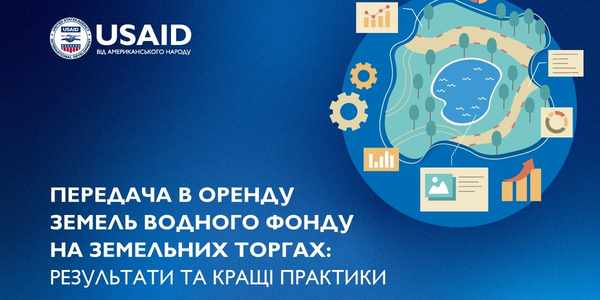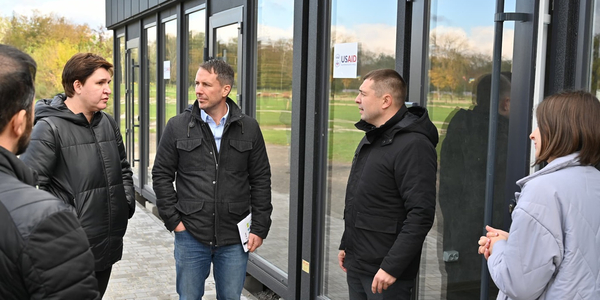In 2022, the team of the Vilnyanska municipality joined the Budget Stabilisation Plan experience exchange network. Within two months, financiers, together with U-LEAD and Institute for Budgetary and Socio-Economic Research (IBSER) experts, conducted a comprehensive analysis of more than 150 budget indicators and developed a plan. However, due to martial law, the document was not officially approved and implemented.
"We use the budget stabilisation plan and also received numerous useful recommendations during the training. What's the reason for not officially doing so? Because of martial law, we are in the frontline area, and we are understaffed. Once we return to a stable work schedule, we will officially implement this plan. I am very pleased with this course, I have learnt a lot. Each training session brings something new and useful," said Olga Bielaya, Head of the Financial Department of the Vilnyanska City Council in Zaporizhzhia Oblast.
According to her, it is very challenging to fill the local budget in times of war. In 2022, the budget was not fulfilled. In 2023, the revenues of the municipality increased: by 11.1% of the targets due to the application of the minimum tax liability mechanism (amendments to the TCU) and by 2.5% of the targets due to the stabilisation recommendations.
Based on the findings, together with experts, they developed special tools that facilitate assessing revenues and expenditures, identifying opportunities for balancing funds and mitigating financial risks.
According to Olga Bielaya, analysing budget indicators is an integral part of her department's work. Together with the colleagues, they ensure the budget process coordination in the municipality and bear responsibility for the data correctness and accuracy.
"Every day we work on this, processing applications from spending units, preparing programmes or information for the municipal authorities and deputies," said the financier.
She also added that it was very hard to form their first budget without any planned or actual figures for the previous periods at the time of the municipality's formation. All they had was just a list of institutions and the necessity of quickly figuring out exactly what they do and their purpose. It was a very challenging period. Now they have a database. Based on the expert knowledge and recommendations, they plan financial optimisation aimed at the development of their municipality.
U-LEAD noted that the budget stabilisation plan is a unique analytical document revealing municipal reserves and proposing an algorithm to use them more efficiently. Meanwhile, experience and best practices in this area can be applied to other local self-government bodies. According to the experts all stabilisation measures should be based on local economic development.
"We learn all the time by participating in every possible project," said Olga Bielaya.
She mentioned that the municipality is currently participating in the Internal Control and Audit experience exchange network.
"I hope that our joint work will result in the development, approval and implementation of the Internal Control and Audit Regulation with clearly defined rules, terms and deadlines for certain tasks."








